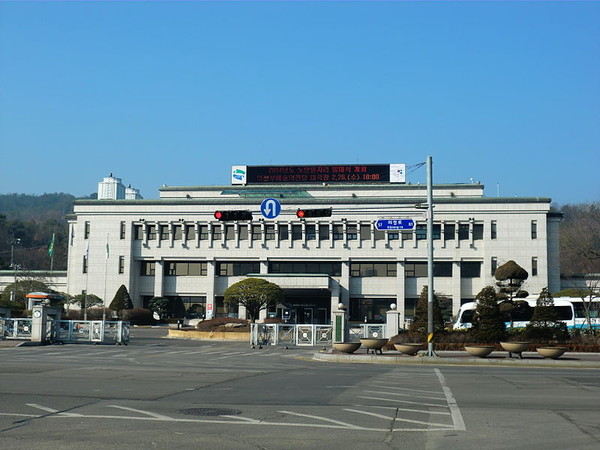Uijeongbu City Council Woman Kwon An-na
By Vice Chairman Ha Eui-cheol, Feature Editor Lee Sam-sun, Reporter Lee ji hyun
Many people consider Ms. Kwon An-na, a member of Assembly of the Uijeongbu City, some 99 20 miles north of Seoul, a hard worker and a prominent lady.
She is a leader of one of the districts of the Uijeongbu city with her membership in the ruling People Power Party.
She is a leader and a prominent member of many government, public and social organizations in the Uijeongbu City area of the Gyeonggi Province.
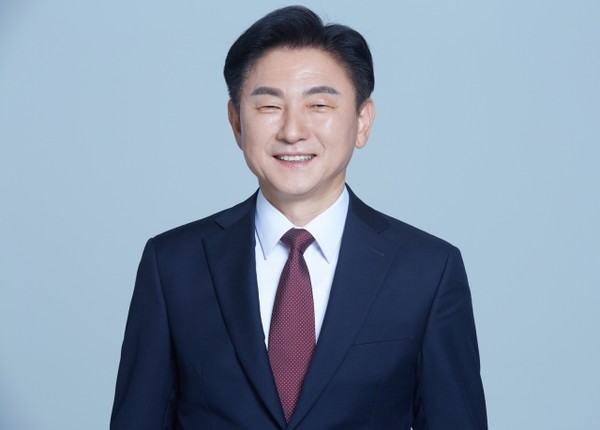
She also leads the Yonghyeon-dong Catholic Church. Currently, she is also serving as the operating chairperson of the Songhyeon High School, a member of the Songsan 1-dong Social Welfare Security Council, a member of the Songsan 3-dong Red Cross, and also a prominent volunteer of the Love-sharing Volunteer Group.
Ms. Kwon became interested in community service as she acquired a social worker license at an early age and discovered and solved the problems of the elderly in difficult conditions in the region. Based on her unique affinity, she served as college volunteers for the elderly, and Korean literacy education volunteers for the elderly persons in the region.
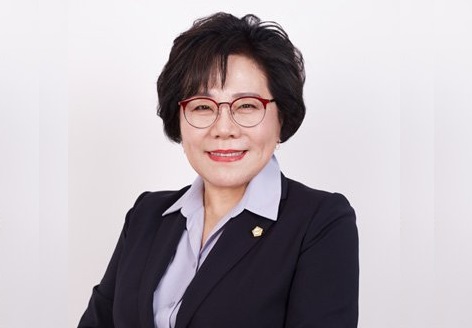
These days, every Saturday morning, she and her colleagues gather at the Songsan Senior Welfare Center to clean up the environment in Songsan 1 and 2-dong. Currently, she and her volunteer group have achieved 2,449 hours of 1365 volunteer hours.
On the occasion of 9th Uijeongbu City Council, based on the local experience so far, she communicates and cooperates with other members to represent the will of the people and act as a legislator.
The Standing Committee she takes care of in the Uijeongbu City is under the Steering Committee and the Autonomous Administrative Committee. On August 17 this year, Assemblywoman Kwon made 5-minute remarks in relation to the “Uijeongbu-type I-Mom Taxi Operation” that is closely related to the welfare of the citizens.
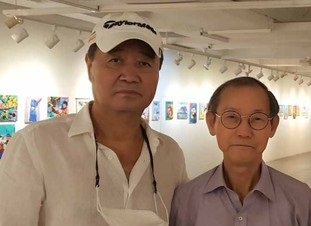
“We proposed the ‘Uijeongbu-type I-Mom Taxi’ project to provide special transportation for pregnant women and families with infants to visit medical institutions safely.”
Assemblywoman Kwon made this statement because there was a need for measures to reduce the difficulties of the visitors to the hospitals in Uijeongbu City for pregnant women and families with infants. She says that she will do her best as a member of the Council by amending the Uijeongbu City Ordinance on the Promotion of Mobility Convenience for the Transportation-vulnerable people.
The name of Uijeongbu originated from the following story. When Taejo Yi Seong-gye Taejo was already an ex-king and his son Taejong was the king, the former stayed in the present-day Howon-dong and there discussed the affairs of the state with his subjects.
“Uijeongbu” was the name of the highest legislative body in the Joseon dynasty, which was later adopted as the name of the whole region.
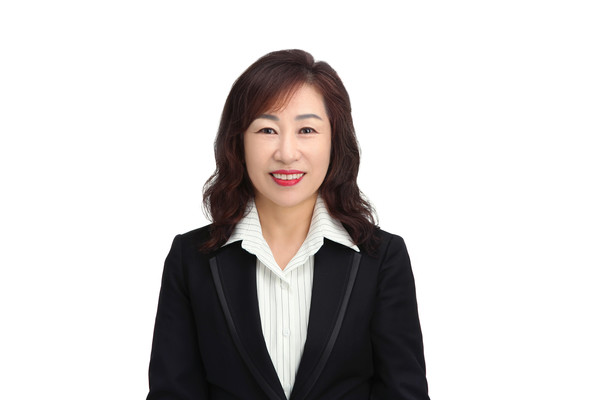
Later, however, the name “Uijeongbu” first emerged in the literature in 1912, and the town was officially called “Uijeongbu-ri, Dunya-myeon, Yangju-gun” according to the Gyeonggi-do edition of the Local Administrative District Nomenclature announced on May 28 of the same year.
According to Wikipedia, Uijeongbu is located north of the Korean capital Seoul; it lies inside a defile, with mountains on two sides, and commands a natural choke point across the main traditional invasion route from the North into Seoul.
As such it has a continued military significance and it contains U.S. and Korean military bases, positioned for the defense of the Korean capital. The U.S. Second Infantry Division has established a headquarters post in Uijeongbu, with the main troops being deployed from Dongducheon city. US Military bases in Uijeongbu have since closed.
Despite being known for its military presence, the area has boomed into a satellite community of Seoul with shops, cinemas, restaurants and bars, PC bangs and DVD Bangs. In addition to U.S. personnel, it is popular with the English hagwon (a for-profit private institute, academy or cram school). There are several mountains such as Mt. Dobong (Dobongsan), Mt. Surak and Mt. Soyo. The mountains are popular recreational areas for hiking and are frequented by residents living in the Seoul Metropolitan area.
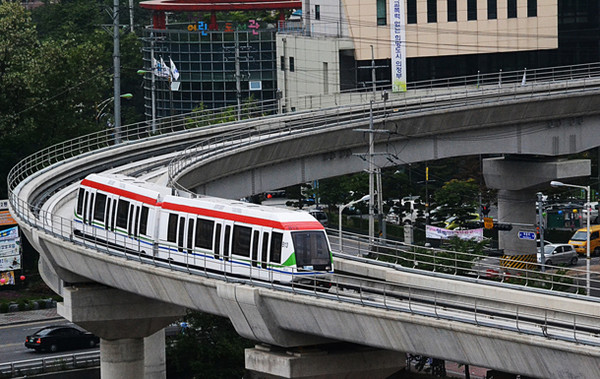
This city is also famous for its Budae-jjigae (literally, "army base stew"), made with hot dogs and Spam.
In the late 20th century, many wanted the dish to be referred to as Uijeongbu jjigae to remove the military or war-time connotations it had associated with it.
However, not many restaurants followed this guideline. Some restaurants have begun calling their product Uijeongbu Budae Jjigae. The city also contains what locals refer to as "Buddae Jjigae Street," a street where there is a high concentration of army base stew restaurants.
Uijeongbu is also served by the Seoul Metropolitan Subway's Line 1 and Line 7. The six stations within the city boundaries are Nogyang, Ganeung, Uijeongbu, Hoeryong, Mangwolsa, and Jangam. It takes around 40 minutes to reach Uijeongbu from central Seoul by subway.
Extensive bus routes cover north-eastern Gyeonggi-do. There are three basic kinds: Ilban Bus, normal bus; Jwaseok Bus, larger and slightly more expensive; and Maeul Bus, "village bus", a smaller bus with fewer seats. An intercity bus station is available for longer distances. Airport limousine buses run frequently to both Incheon and Gimpo airports.
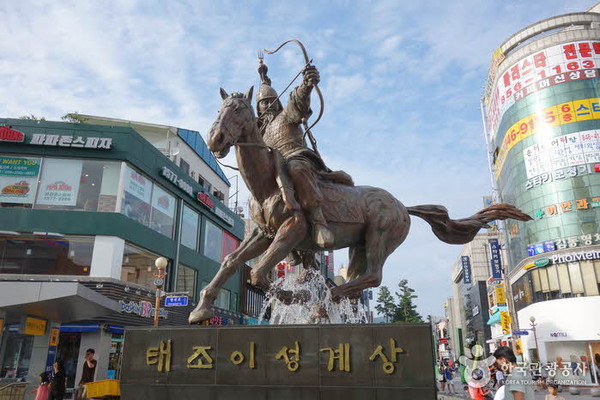
Education: The South Korean educational system, regarded as one of the most difficult in the world, officially incorporates Primary or Elementary, Middle, Secondary, Vocational and Tertiary levels.
Anything below primary school is not required. Uijeongbu is home to several educational establishments, most of which are available to both Korean citizens and foreign nationals.
Some schools, however, are only accessible to the families and other affiliates of the US Army. The schools in Uijeongbu range from the standard Korean high school, such as Gyeonggi High School, to the Americanized, International Christian School which lies in the northern part of the city, close to Nogyang Station.
Earlier forms of education, such as kindergarten, are not compulsory in Korea and young children traditionally remain with the family as long as possible, but many are still available.
